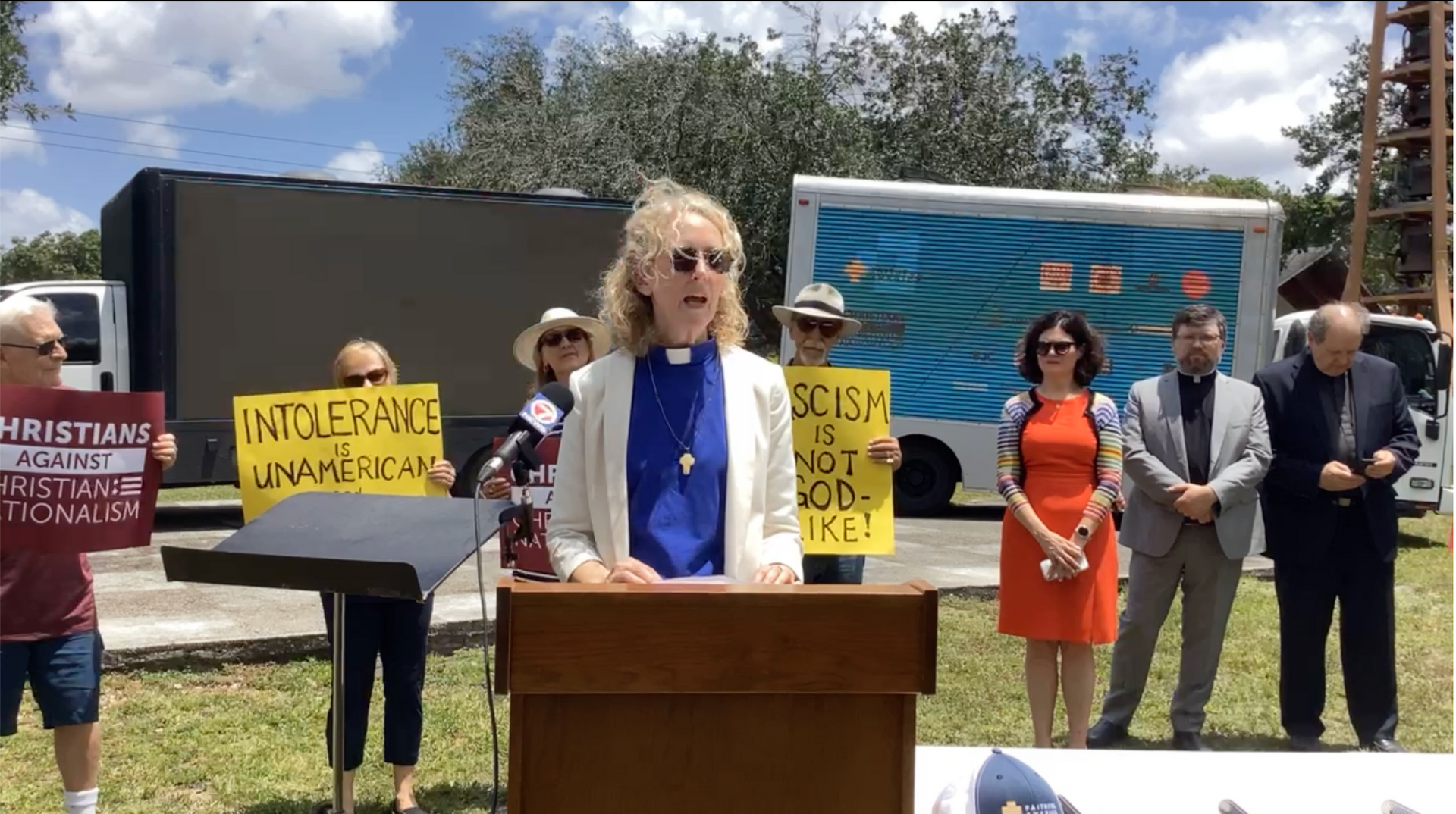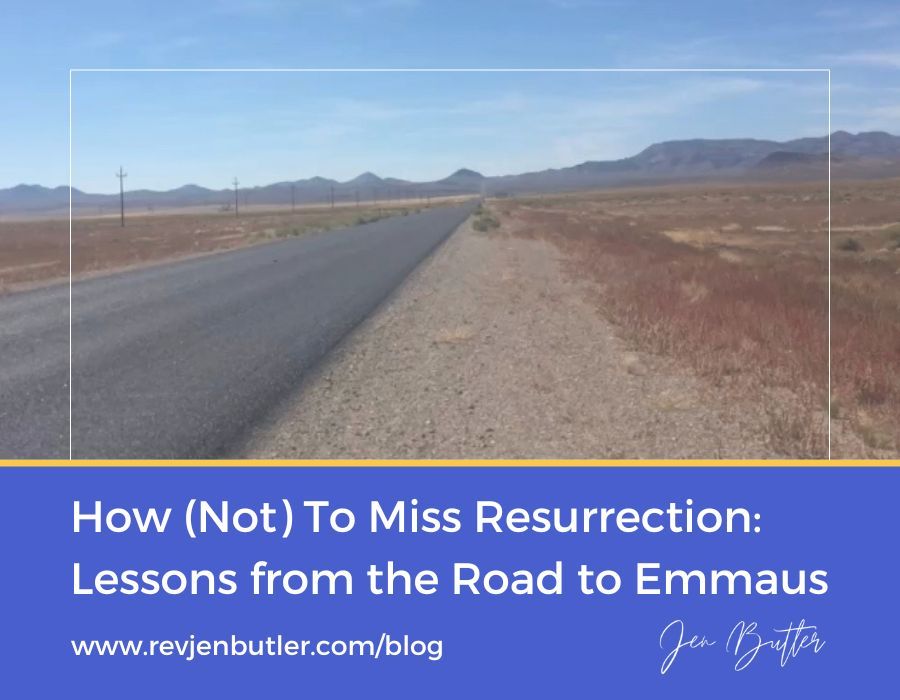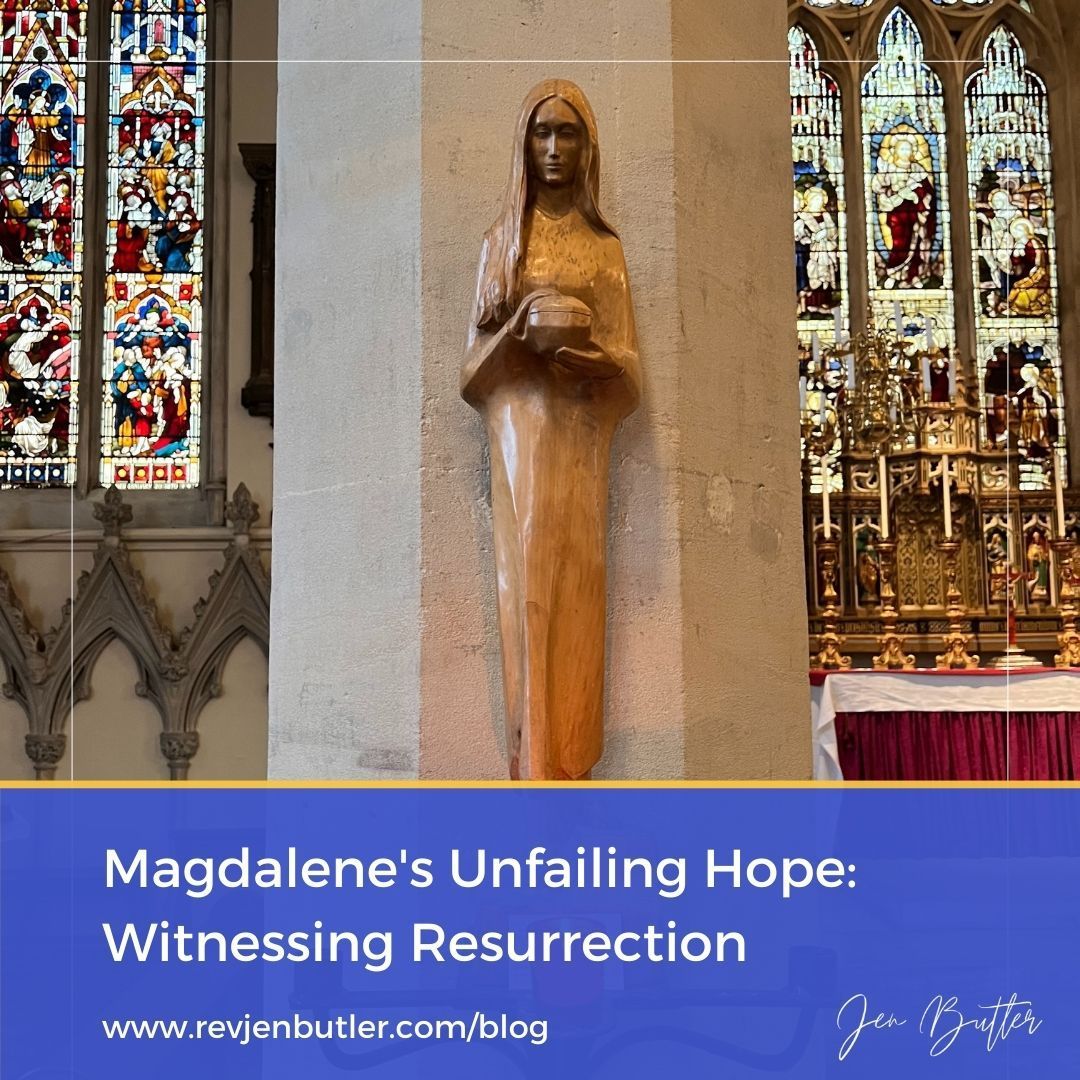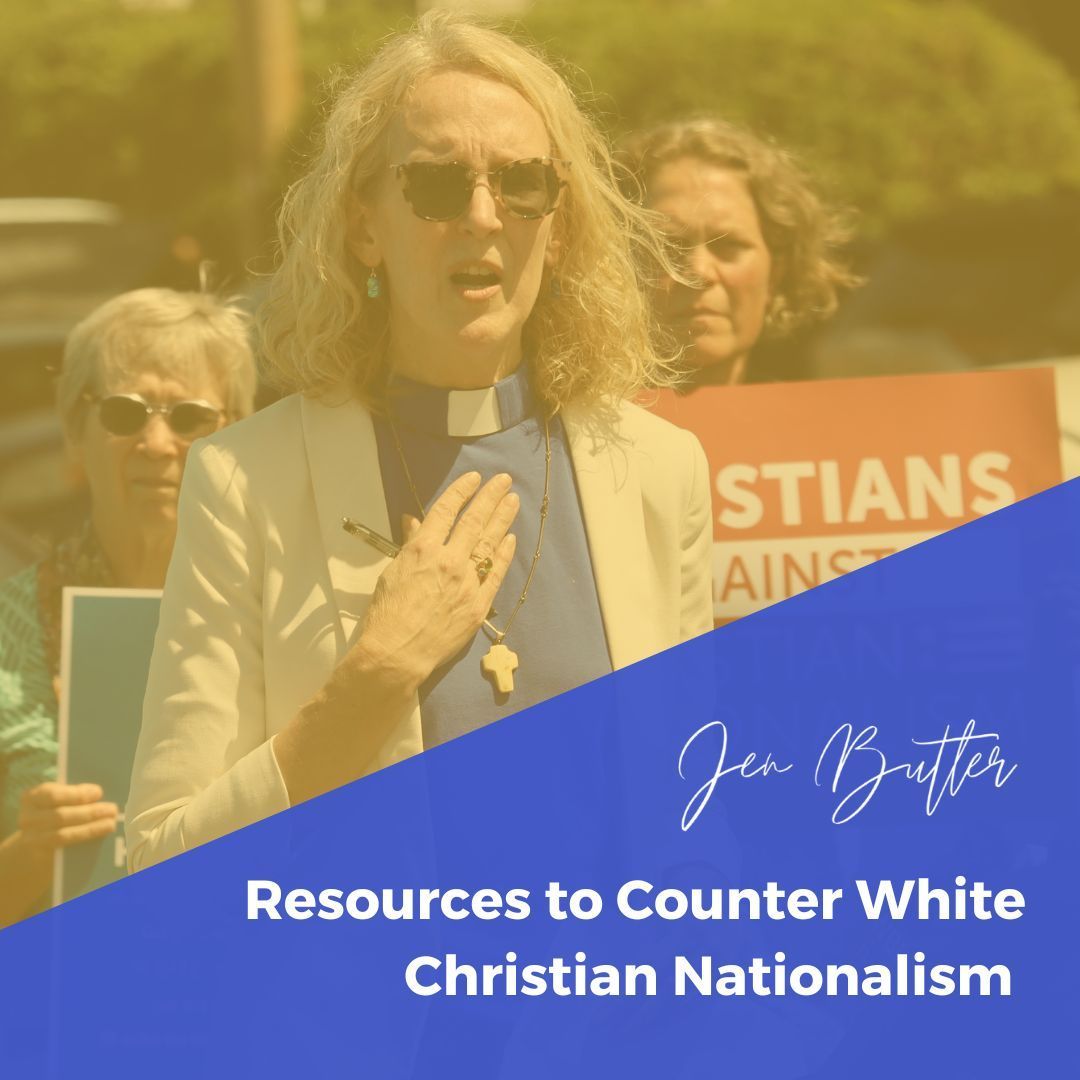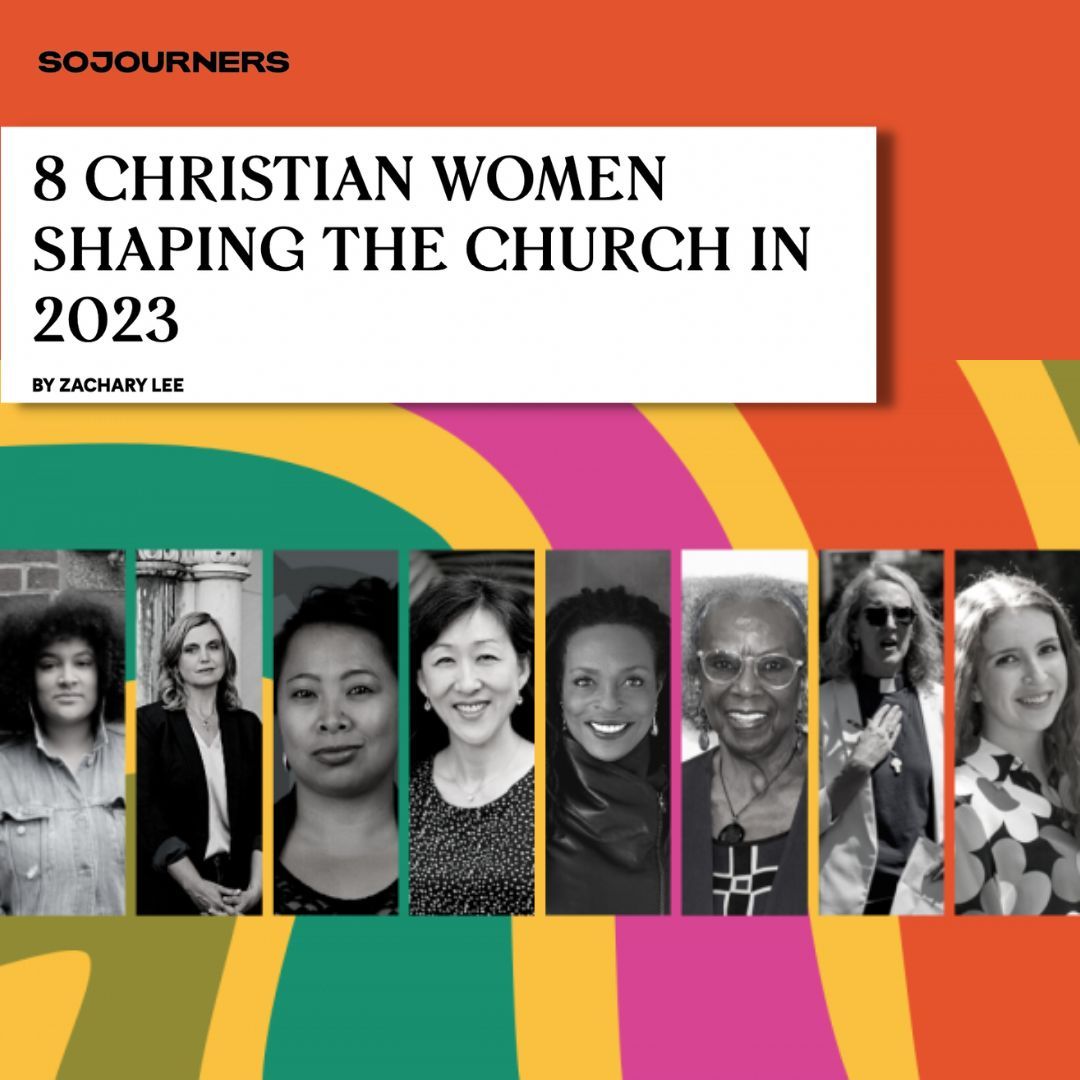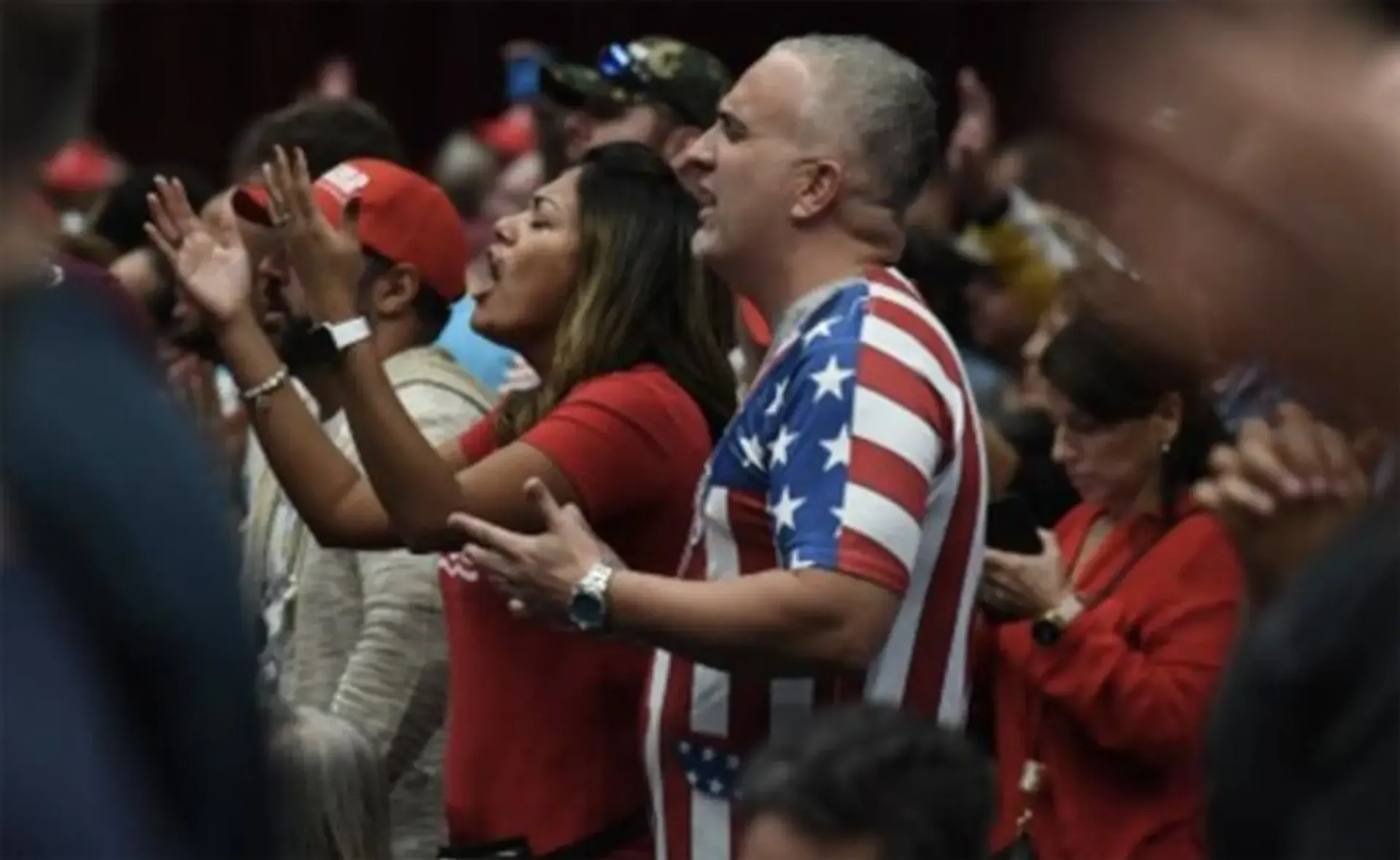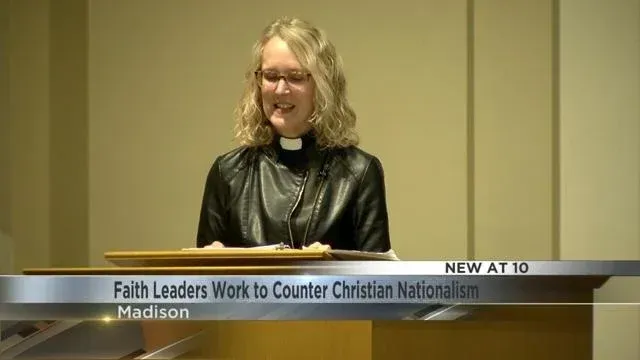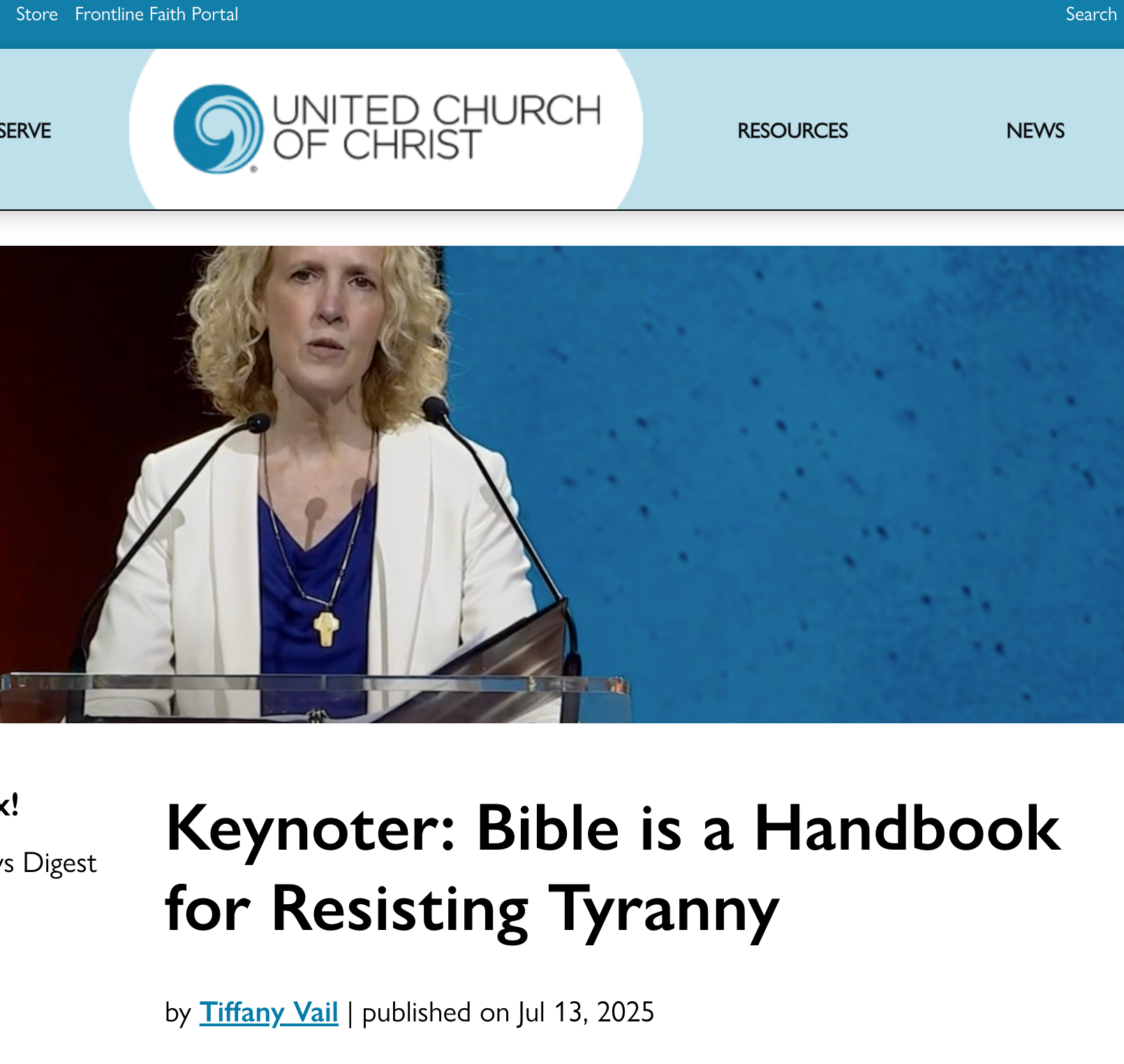United Church of Christ Brings a Still-Speaking God Into the Christian Nationalist Era
This is a subtitle for your new post
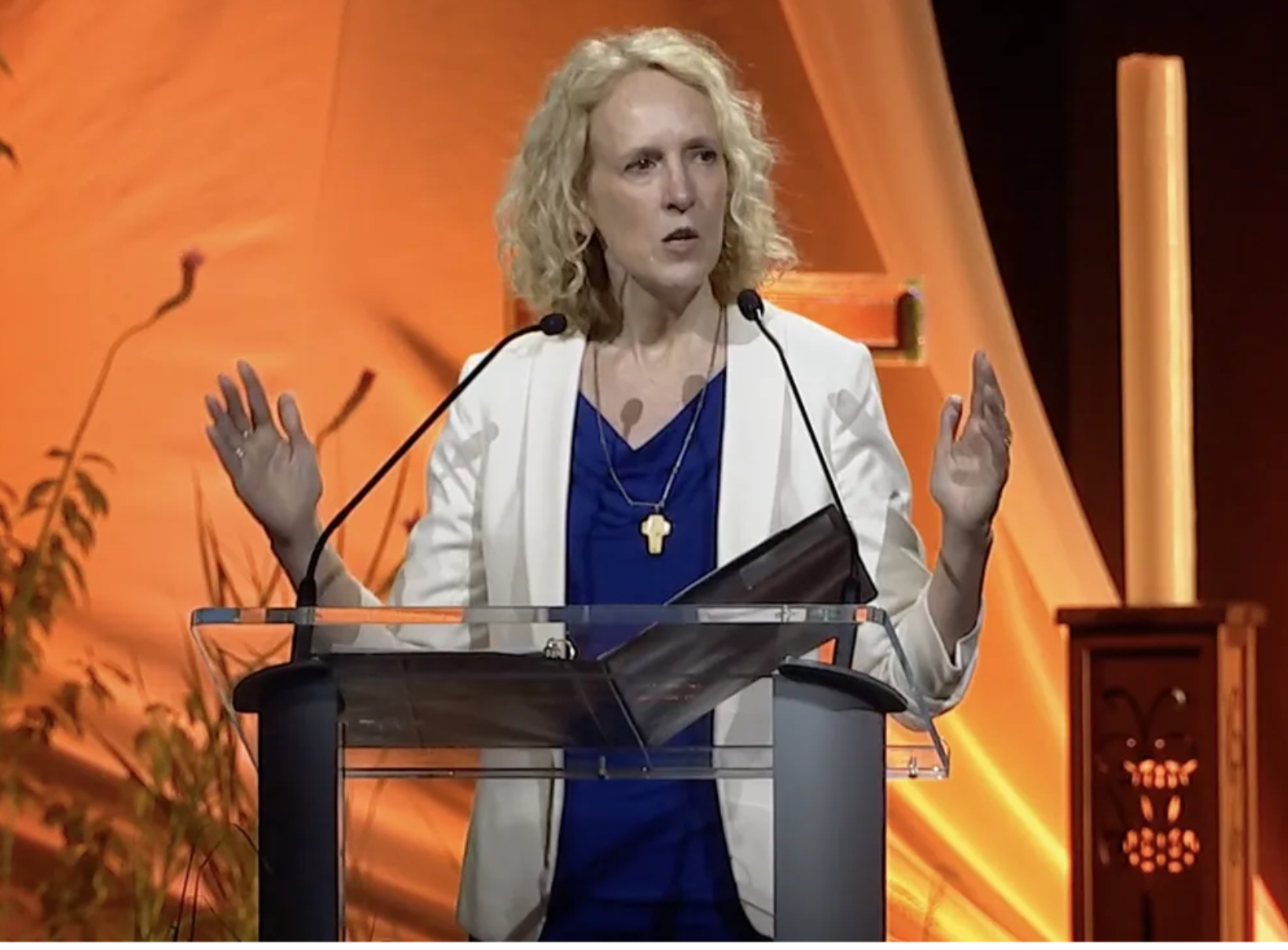
“It is hard to talk about the state of the church and not talk about what it means to be Christian in these times. Nationalism is problematic, and the term ‘Christian Nationalism’ is an oxymoron.”
Those words from Rev. Karen Georgia Thompson were greeted with rapturous applause from a room full of United Church of Christ members gathered for their general synod on Saturday (July 12) in Kansas City, Missouri. Thompson, the first woman and the first Black woman to serve as UCC general minister and president, delivered her opening remarks as the historic mainline Protestant denomination turns 68 years old this summer.
As Thompson reflected on what the UCC has come to be known for over its nearly seven decades in existence, she noted that they are ecumenically rooted and have made strong commitments to Christian unity.
“We are a multicultural, multiracial church. We are open and affirming. We are welcoming to all,” she added. “People will say the United Church of Christ shows up. Our pastors, our members, and our leaders are often seen in the public square as strong advocates for justice — marching, protesting, appealing to members of government on a variety of issues and concerns. We show up, we show out. We are justice warriors, holy troublemakers turning over tables and declaring truth to power.”
But none of this smooths over the issues that come with being a “big tent” denomination. Thompson said that while she believes diversity is the denomination’s greatest strength, it is also their greatest weakness because they have not properly attended to it.
“In all my years in the United Church of Christ, I keep hearing we ‘agree to disagree.’ The thing that I know about this church is that when we make a decision, there is always a committee or a task force. … And in good UCC fashion, we are going to ruminate on who built the tent, what color is the tent, how many entrances to the tent,” she joked.
Thompson lamented that the UCC has been impacted by Christian Nationalistic fervor just like the rest of the country.
“We too are struggling with this great divide that is being presented by this political climate. I keep asking myself, ‘Why are we here?’ ‘What is it that keeps us together?’” she said. “And I believe that what keeps us coming back is not flesh and blood. It is the power of the Holy Spirit. It’s God’s presence.”
“In case you haven’t noticed, we have more protests to attend and to create and we have more issues that we will need to advocate for,” she added. “We will continue to show up as we grow up and grow into what God has for us. ... We are yet becoming the church of Jesus Christ for the living of these days. And we get to do this together. May it be so.”
Despite the importance of the UCC to the American religious landscape and the fact that the next general synod won’t occur until 2028, no other local or national outlets were present to cover this assembly. So this issue of A Public Witness takes you inside the UCC gathering to explore the specific issues that were discussed and how they are relevant to all ecumenical Christians in these troubling times.
The Mark of the Beast
The keynote address for this gathering was delivered by Rev. Jennifer Butler, who founded the organization Faith in Public Life, now leads Faith in Democracy, and is the author of Who Stole My Bible: Reclaiming Scripture as a Handbook for Resisting Tyranny. Butler, ordained in the Presbyterian Church (U.S.A.), began her remarks by sharing her personal connections with the UCC and how she has often looked to the denomination for its leadership.
“I’ve been arrested in nonviolent civil disobedience two times, and both times I was handcuffed next to United Church of Christ leaders. The first time it was with Sandy Sorensen from your Washington office, and it was in the Capitol Rotunda. … The second time was with Rev. Traci Blackmon,” she noted to applause and laughter, making a local connection with Blackmon from St. Louis.
The theme of the gathering was “Into the Deep,” based on Luke 5:4, where Jesus called the first disciples by urging them to cast their nets into the deep water. Butler addressed this as showcasing the importance of speaking and walking with our spiritual ancestors through the Bible in an attempt to illuminate our own path.
“Like the fishermen of Gennesaret, many of us are navigating uncertain waters. Though the tide of polarization, fear, and violence may feel strong, this moment invites us to cast our nets deeper — trusting that abundance and purpose wait. Now, one of the traits I’ve always admired about the United Church of Christ is your phrase, ‘God is still speaking,’” Butler said. “But the truth is that today, though God is still speaking, too many Christians are refusing to listen.”
As an example of this, Butler discussed observing the ReAwaken America Tour (or RAT for short). Calling itself a “revival” in the years leading up to the 2024 presidential election, this traveling variety show of Christian Nationalism, anti-vaccine rhetoric, QAnon conspiracies, and election denialism hosted MAGA political figures like Eric Trump, Michael Flynn, pillow-hugger Mike Lindell, Roger Stone, and Kash Patel (who is now Trump’s FBI director).
While apocalyptic warnings and imagined persecution stories were emanating from the RAT stage, Butler said she talked to people outside who were in real pain, experiencing spiritual and economic hardships. But what they were being offered was a false “doctrine that calls for White Christian dominion over every area of society: religion, family, education, government, media, arts and entertainment, and business.”
“This is the ideology that justified genocide against indigenous people under the Vatican’s Doctrine of Discovery. It justified the slave trade in the name of Jesus Christ. It burned crosses on lawns and unleashed terror to enforce segregation,” she said. “And today it is duping people into accepting ever more violent and authoritarian policies with twisted versions of Christian theology.”
“Christian Nationalists have risen to the highest reaches of our government. They have proudly anointed their new king who sits in the Oval Office. They crafted Project 2025 as a blueprint for the U.S. — one that imposes their will on the rest of us by rolling back civil rights, women’s rights, LGBTQ rights, deporting immigrant neighbors, funneling wealth to the top, vilifying DEI, censorship, and rewriting the rules of power so they can cling to power, all in the name of Jesus,” Butler added. “Christian Nationalism is no longer fringe.”
So what are we to do about this tide of blasphemy? Butler recommended turning to the Bible itself as a “handbook for resisting tyranny.” She argued that since Christian Nationalists are pushing their Bible through “rewriting history, silencing dissent, and baptizing domination,” the rest of us have a moral obligation to “reclaim our hijacked texts.”
It was here that Butler did something interesting and unexpected. She turned to the Book of Revelation as a guide to hope.
She argued that the book is not a roadmap for the end of the world, as it is commonly portrayed by conservative evangelicals and charismatics, but “a revealing of what is hidden and what can be.” She also noted that the infamous mark of the beast is actually a reference to “Rome’s oppressive economic and spiritual cult, symbolized by the emperor’s image stamped on every coin — a kind of presidential memecoin of its time. It was not merely a physical mark but the sign of conformity to a system that required worship of empire in exchange for survival.”
Butler explained that John, the author of Revelation, saw why an empire would fall.
“A society that glorifies greed, oppression, and pride is headed for a fall. Its glitter fades. Its power is temporary. The corruption, injustice, and violence cannot last. And to the people of his time who feel themselves in the grip of this oppressive empire, that is a revelation,” she said. “John’s message of hope is just as powerful as his message of warning. The hope is not just that Babylon ends, but in its place a new and better world can be. That lamb of God may look vulnerable and weak. … but the lamb prevails because every act of justice, every refusal to bow, every choice to love rather than dominate is a sign that Babylon is falling.”
After her remarks, I had the opportunity to talk with Butler about why she made the surprising choice to use Revelation to counter Christian Nationalism.
“It’s a book I’ve always been afraid of,” she admitted. “When I was a kid, we read it alongside doing seances, Ouija boards, and then we’d pull out the Book of Revelation, right? It’s such a crazy book. … I was taught, oh, it’s a prediction for what’s going to happen with Russia, and all this kind of crazy stuff.”
However, she said that things began to shift for her once a friend pointed out the chapter in Revelation that is centered around economic oppression and underlines the power of religious imagination against what seems impossible.
“If we’re going to reclaim faith for justice, we’ve got to do that from Genesis to Revelation. Those books are there for a reason,” Butler added. “Christian Nationalists have used Revelation for domination and oppression. So it’s especially critical to reclaim that book. And when we do, it is a powerful call to hope that can fuel our activism and our energy.”
Like any denominational gathering, a wide array of matters were attended to during the synod, which wraps up with a closing worship ceremony Tuesday evening (July 15). The UCC Movement for Palestinian Solidarity was actively present throughout the gathering, with members reminding those in attendance of the currently unfolding genocide through holding signs that read “All Eyes on Palestine” and “We Cannot Look Away.”
“It’s really our hope that it won’t be possible to be at this general synod and not be aware of these issues,” said Rev. John Gregory-Davis of MPS, who noted that the U.S. is supporting the violence toward Palestinians “on our behalf and with our tax dollars.” Delegates also passed a “Declaration for an End to Genocide in Palestine” as a Resolution of Witness.
